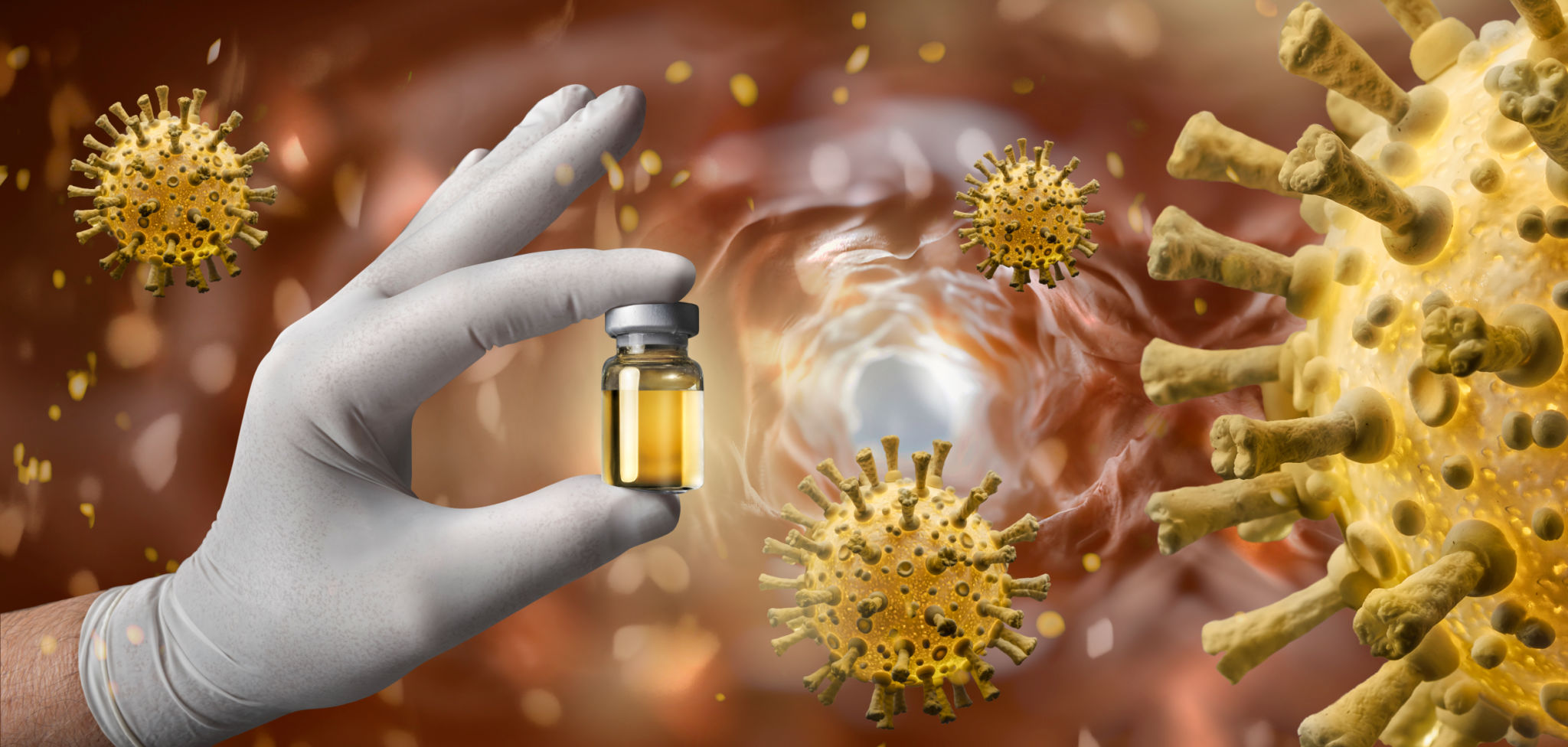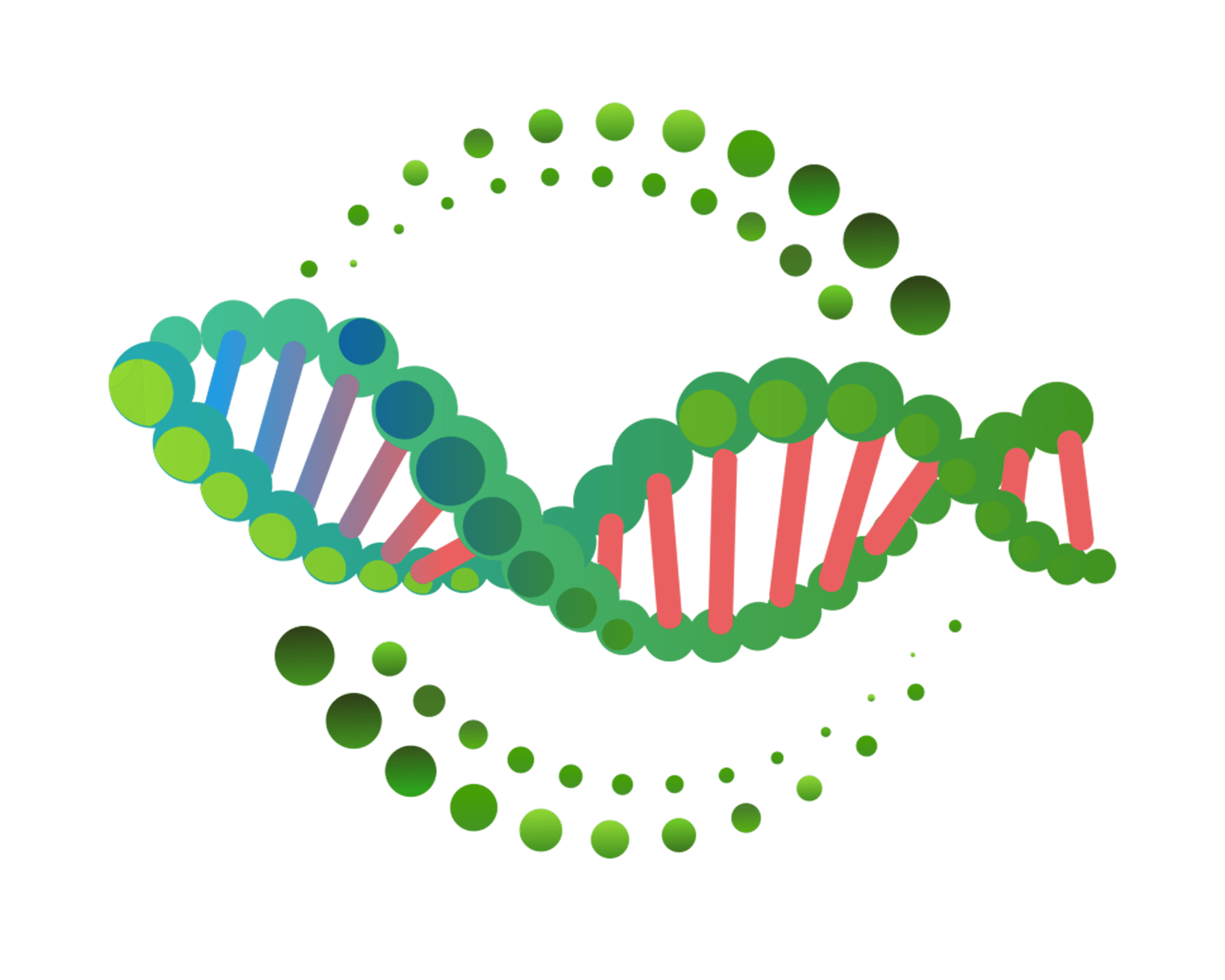Thymosin Alfa-1: Boosting Your Immune System

Understanding Thymosin Alfa-1
Thymosin Alfa-1 is a naturally occurring peptide that plays a critical role in the functioning of the immune system. It is derived from the thymus gland and is known to enhance the body's immune response, making it a valuable tool in the fight against various infections and diseases. Its primary function is to stimulate the production of T-cells, which are essential for a robust immune response.
In recent years, Thymosin Alfa-1 has gained attention for its potential benefits in enhancing immune responses against viral infections and cancer. It has been used in clinical settings to support patients with compromised immune systems, providing an additional layer of defense against pathogens.

How Thymosin Alfa-1 Works
The mechanism of action of Thymosin Alfa-1 involves the modulation of the immune system. It works by activating T-cells and dendritic cells, which play crucial roles in identifying and eliminating infected or cancerous cells. This activation leads to a more efficient immune response, helping the body to fight off infections more effectively.
Furthermore, Thymosin Alfa-1 has been shown to enhance the production of cytokines, which are signaling proteins that regulate the intensity and duration of the immune response. By boosting cytokine production, this peptide helps coordinate a more effective defense against invading pathogens.
Thymosin Alpha-1 possesses strong antimicrobial properties
- In patients with severe sepsis (presence of harmful microorganisms in the blood), thymosin alpha 1 administration improved clinical outcomes without any adverse effects.
- In patients with chronic hepatitis B and C, thymosin alpha 1 administration for 6 months normalized liver enzyme levels, which is suggestive of improved liver function.
- In mice with a fungal infection, thymosin alpha 1 increased the production of phagocytes, which are cells capable of engulfing and absorbing bacteria.
Thymosin alpha 1-based immunomodulatory therapy was associated with a significant reduction in mortality in septic patients. - Thymosin alpha 1 administration in septic patients was also associated with increased survival rate, alleviation of illness, and short ICU stay and mechanical ventilation time.
By affecting the production of certain immune cells, thymosin alpha 1 exerts its immune-boosting properties:
- Thymosin alpha 1 is known to augment T-cell function.
Thymosin alpha 1 also helps regulate both the innate and adaptive immune systems. - Thymosin alpha has the ability to increase CD4+/CD8+ ratio.
- By activating and stimulating certain signaling pathways, thymosin alpha 1 boosts the production of immune-related cytokines.
- By selectively stimulating the release of luteinizing hormone (LH), thymosin alpha 1 indirectly strengthens the immune function.
- A study found that thymosin alpha 1 can boost the response of the immune system to inactivated vaccines.
- In patients with blood infection (sepsis), thymosin alpha 1 reduced the mortality rate by increasing the production of white blood cells known as monocytes.
- Studies suggest that thymosin alpha 1 can inhibit HIV-1 and human T lymphotropic virus 1 infection by potentiating the release by CD8 (+) cells of soluble factors.
Suppresses Cancer and Tumor Growth
- By regulating cytokine secretion and repairing the damaged immune system, thymosin alpha 1 may help reduce cancer incidence.
- In the stage IV human breast cancer model, thymosin alpha 1 treatment was associated with significantly slow tumor growth.
- In patients with metastatic melanoma and advanced non-small cell lung cancer, thymosin alpha 1 treatment prolonged survival.
- In patients with hepatitis B virus-associated liver cancer, thymosin alpha 1 therapy improved liver function and significantly prolonged recurrence‑free and overall survival.
- Thymosin alpha 1 exerts its anti-tumor effects mainly by increasing the secretion of various T cell lymphokines, activating T4 helper cells to promote lymphocyte activity, and increasing the cytotoxicity of natural killer cells.
- Administration of thymosin alpha 1 in cancer patients was associated with reduced risk of death and improved disease‐/progression‐free survival.
- In patients with metastatic lung cancer, thymosin alpha 1 treatment was associated with the complete disappearance of lesions
- A cell study found that exposure of human breast cancer cells to thymosin alpha 1 induced apoptosis (programmed cell death).
- The administration of thymosin alpha 1 in cancer patients increased the anti-tumor effect of chemotherapy while markedly reducing the side effects of the treatment.
- In tumor-bearing mice, thymosin alpha 1 significantly delayed tumor growth and prolonged survival time.
- In mice with breast cancer, thymosin alpha 1 exerted anti-tumor activity by increasing the levels of CD4 and CD8 cells.
- In patients with cancer that had spread to other body parts, thymosin alpha 1 administration increased the survival rate.
- In a human lung cancer cell line, thymosin alpha 1 inhibited cellular proliferation, cell migration, and an increase in the level of damaging free radicals.
- Studies show that thymosin alpha 1 can enhance the anti-cancer effects of chemotherapeutic drugs.
Accelerates the Wound Healing Process
- In rat kidney cells, thymosin alpha 1 prevented programmed cell death and renal scarring.
- When given either topically or in the form of injections, thymosin alpha 1accelerated wound healing in mice
- A cell-based study found that thymosin alpha 1 accelerates wound healing by promoting the formation of new blood vessels and cell migration at the site of injury.
- In neonatal mice, thymosin alpha 1 promoted the formation of new nerve cells or neurons (neurogenesis) by countering lipopolysaccharide-induced impairment.
- In patients with traumatized permanent front teeth, thymosin alpha 1 treatment for 12 months resulted in significant healing of gum tissues. [38]
Fights Inflammation
- In rats with acute liver failure, thymosin alpha 1 reduced liver inflammation.
- Thymosin alpha 1 may help prevent tissue injury by reducing the release of inflammatory factors and cytokines, and the levels of IL-10 to control inflammation
- Thymosin alpha 1 also reduces inflammation by suppressing pro-inflammatory TNF-α.
- A cell-based study also found that thymosin alpha 1 protects against inflammatory allergy. [
- In mice with cystic fibrosis, an inherited disease that causes build-up of sticky, thick mucus in the organs and chronic inflammation, thymosin alpha 1 reduced inflammation and associated symptoms.
- In rodents, thymosin alpha 1 reduced the activation of inflammatory responses.
Final Thoughts
Thymosin Alfa-1 represents a promising frontier in enhancing immune function and supporting overall health. Its ability to modulate the immune system offers significant advantages for individuals seeking to strengthen their body's natural defenses. As research continues to evolve, we may see even broader applications for this powerful peptide in various fields of medicine.
For those interested in exploring Thymosin Alfa-1 further, it is crucial to do so under medical supervision to ensure safe and effective use tailored to individual health needs.
